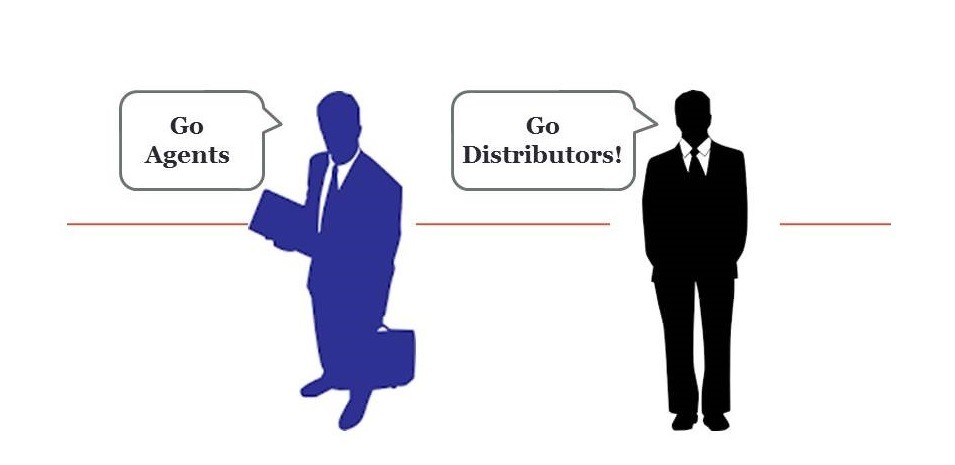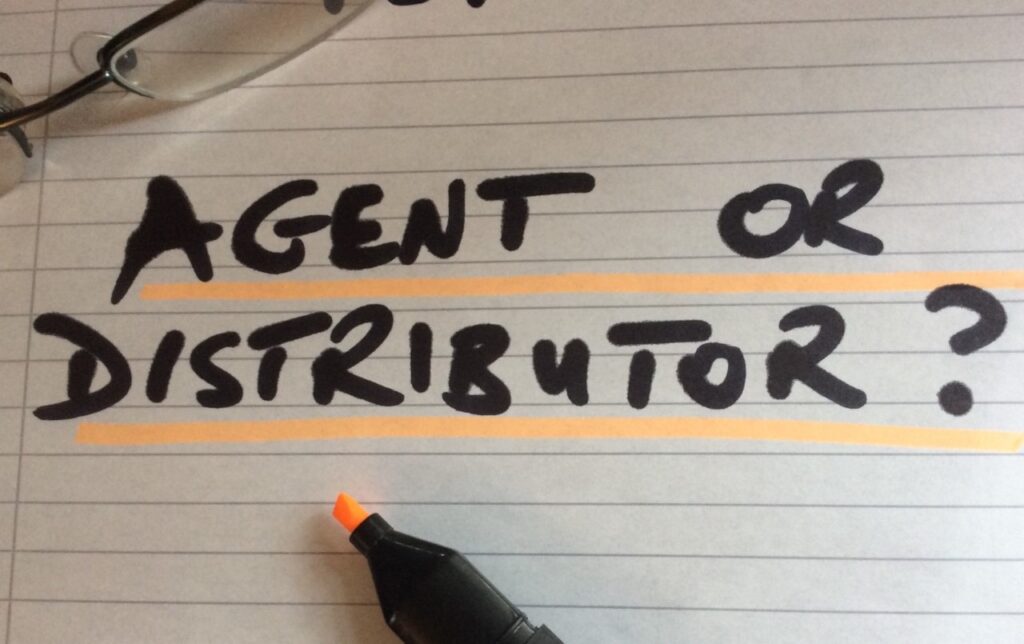Distributor vs. Agent: Which Is Better for Your Market Entry?
Expanding into a new market like Indonesia offers a world of potential for global brands. But one of the first and most critical decisions you’ll need to make is choosing the right local partner model: Distributor or Agent?
This decision can impact your brand visibility, cost structure, legal obligations, and long-term success. In this guide, we explore the key differences, benefits, and risks of working with distributors vs. agents in Indonesia’s dynamic and complex market.
Understanding the Indonesian Market Landscape
Indonesia is Southeast Asia’s largest economy, boasting a population of over 270 million and a rapidly growing middle class. As an archipelagic nation, distribution and logistics are more complex than in many other countries, making the choice of local partner even more important.
According to data from Indonesia-Agent.com, demand for local representation continues to rise, especially in sectors like:
-
FMCG and retail
-
Industrial machinery
-
Pharmaceuticals
-
Consumer electronics
Navigating import regulations, regional languages, and local competition requires on-the-ground expertise—hence the need for a qualified distributor or agent.
Distributor: Full-Service Local Partner
A distributor is a local company that purchases your product and sells it in their own name. They hold inventory, manage logistics, and often provide post-sales service.
🔑 Key Features:
-
Buys goods from you, becoming the legal owner
-
Sets their own pricing strategy
-
Handles customs clearance, taxes, and inventory
-
Manages the sales channel independently
✅ Pros:
-
Lower operational burden for foreign companies
-
Local distributor handles marketing, sales, and logistics
-
Quicker access to established distribution networks
-
Suitable for high-volume products with local demand
❌ Cons:
-
Less control over pricing and brand image
-
Profit margins can be significantly lower
-
Difficult to terminate if contracts aren’t structured properly
🔗 Learn more: Working with Distributors in Indonesia
Agent: Extension of Your Brand
An agent, on the other hand, promotes your product and acts on your behalf, but doesn’t take ownership of the goods. You retain pricing control, and the agent earns a commission on successful sales.
🔑 Key Features:
-
Promotes and sells on behalf of the foreign principal
-
No inventory management
-
Acts as a broker between you and the end customer
-
Often used in B2B and technical product sectors
✅ Pros:
-
You control pricing, branding, and customer relationships
-
Lower upfront capital requirements
-
Ideal for high-value, low-volume products (e.g., machinery)
❌ Cons:
-
Requires more oversight from your side
-
No guarantee of performance without an active relationship
-
You manage importation, logistics, and support
🔗 Learn more: Agent Representation in Indonesia
Key Comparison: Distributor vs. Agent
| Feature | Distributor | Agent |
|---|---|---|
| Legal Ownership | Takes ownership of goods | Does not take ownership |
| Pricing Control | Distributor decides | You retain pricing control |
| Import & Tax Duties | Handled by distributor | Handled by principal (you) |
| Local Marketing | Done by distributor | Shared or handled by principal |
| Customer Support | Provided locally | Typically coordinated by the principal |
| Suitable For | Mass-market products | Niche, technical, or high-value items |
| Legal Risk | Low (once sold) | Higher (due to direct exposure) |
When to Use a Distributor
You should consider working with a distributor in Indonesia when:
-
You want faster market entry with minimal involvement
-
You’re selling consumer goods or products with established local demand
-
You lack local infrastructure for logistics or customer service
-
Your products are price-sensitive, and local pricing flexibility is key
📦 Examples: Packaged foods, cosmetics, office supplies, smartphones.
When to Use an Agent
An agent model may be better if:
-
You want to retain control over your brand and customer experience
-
Your product is complex or technical, requiring expert selling
-
You’re entering regulated sectors like healthcare or aviation
-
You plan to build a long-term presence, possibly opening a local office later
🛠️ Examples: Medical equipment, industrial pumps, specialized software solutions.
Legal Considerations in Indonesia
Indonesia’s regulatory environment for foreign businesses is improving, but contracts must be crafted carefully.
Key legal points:
-
Agency agreements should include territory, commission, and performance clauses.
-
Distributor contracts should clearly define product scope, pricing rights, and exclusivity.
-
Both types of agreements should comply with Indonesian contract law.
📜 Need help drafting agreements?
👉 Contact vetted agents and legal advisors
Hybrid Approach: Combining Distributors and Agents
Many foreign companies adopt a hybrid model to maximize flexibility:
-
Appoint agents in strategic urban centers like Jakarta and Surabaya
-
Use distributors for outer islands or specific sectors (e.g., agriculture in Sumatra)
This ensures better market coverage while retaining some control.
Final Thoughts
Choosing between a distributor and agent in Indonesia depends on your product type, budget, growth goals, and desired control level.
If you’re unsure which model best suits your needs, consult Indonesia-Agent.com—your partner in navigating local partnerships. We connect international businesses with:
-
Verified distributors
-
Reputable sales agents
-
Legal & compliance experts
-
Supply chain consultants

